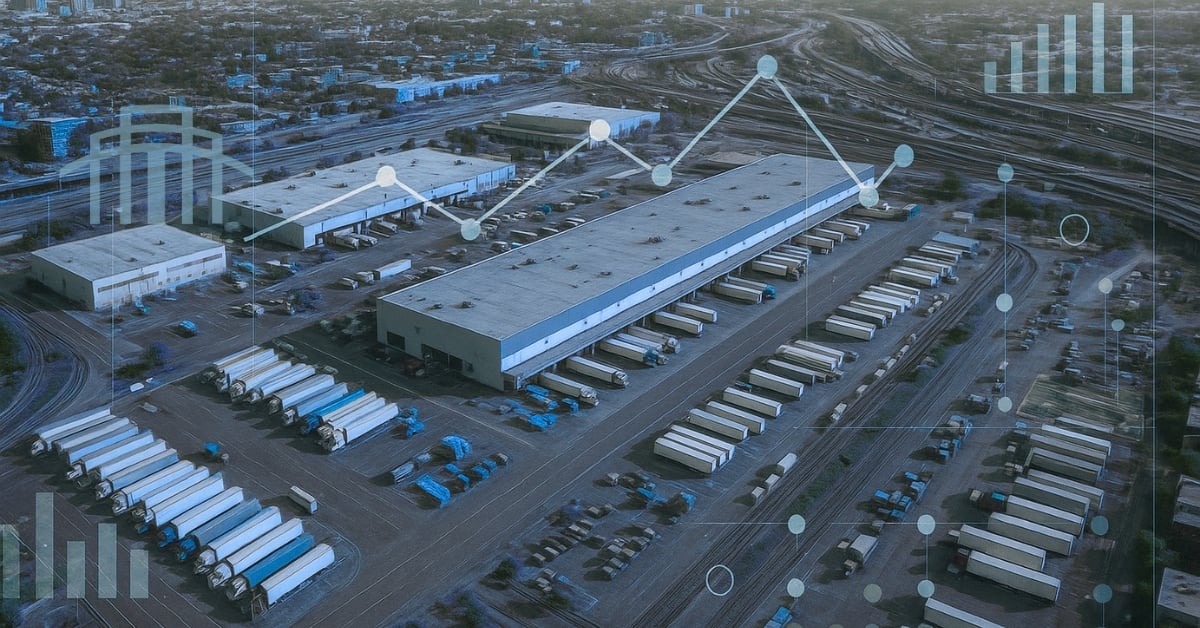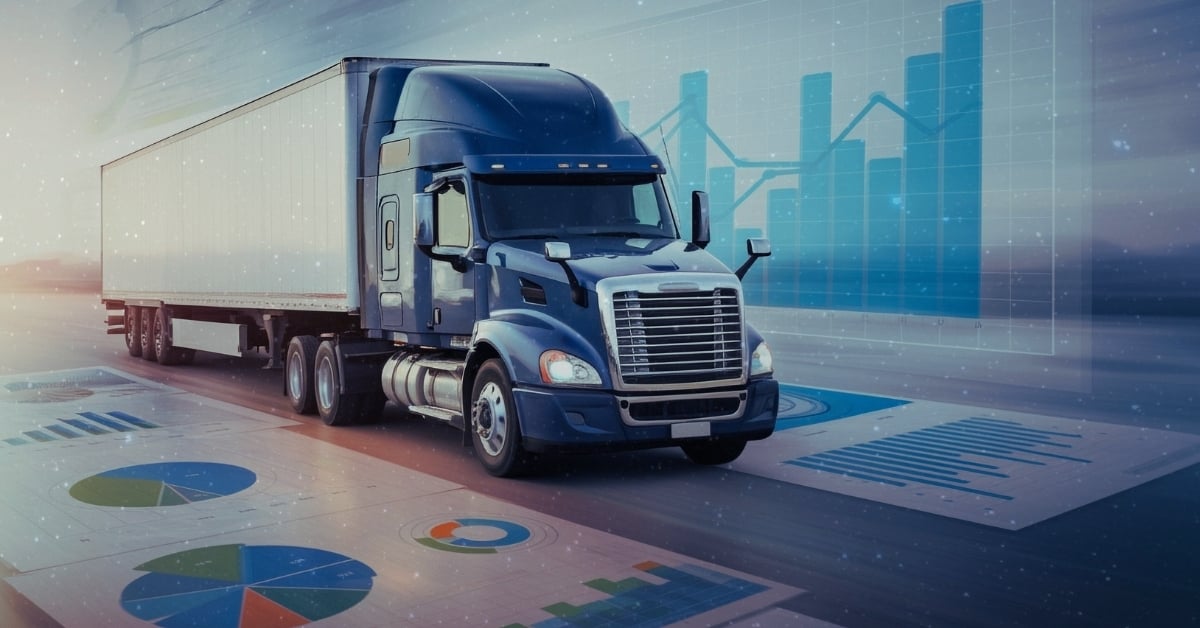When a million dollars of tequila vanished from a California warehouse, the world finally paid attention. But for those in logistics, this wasn’t a new phenomenon … it was a familiar warning shot.
According to industry veteran Michael Caney, “Fraud needs three things to thrive: anonymity, urgency and the prospect of gain.” That formula has been powering cargo theft long before celebrities got involved. Whether it’s liquor, electronics or high-demand holiday goods like LEGO sets, organized fraud networks know exactly how to exploit the pressure points in the supply chain.
The problem is no longer isolated or opportunistic. It’s systemic and it’s getting smarter.









